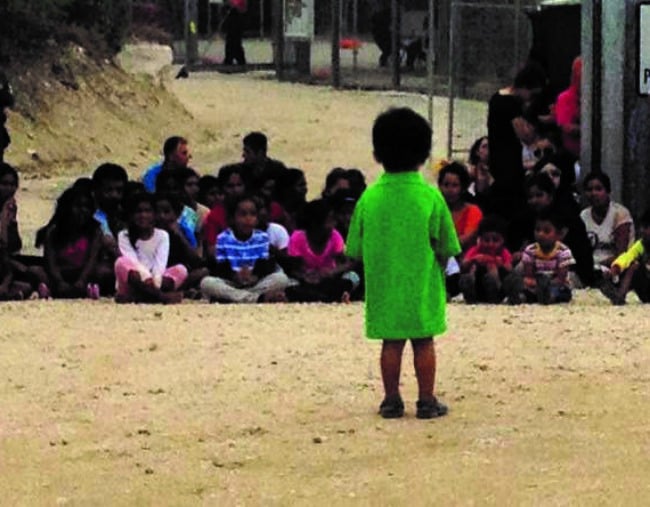
This week marks five years since Australia re-opened mandatory detention facilities on Nauru. Tragically, there are still 124 children languishing indefinitely there.
That means there are children of school age who have known no other life but the precarious and uncertain fate of being marooned on a tiny island in the middle of the Pacific.
It’s also five years since I joined Save the Children Australia as CEO. This role brought alive to me the devastating human consequences of Australia’s tough approach to border protection.
As an organisation which strives to uphold the rights of children around the world, it is distressing to see such a violation of children’s rights on our doorstep.
The world has rightly been outraged at the treatment of migrant children in the United States. The images of distraught children separated from their parents and locked in cages has brought home the reality of government policies.
Through the relentless advocacy of organisations like Save the Children and a great many others, we have made some progress. Through the US resettlement deal, some children and their families have found a future in America. Yet too many children on Nauru remain at risk and without hope today.
In my first year as CEO, Save the Children was approached by the Australian Government to provide services to children who were being sent to Nauru.
It was a tough decision.

Top Comments
If the idea that someone running away from persecution should be punished for crossing an invisible, arbitrary line drawn on a map is ok with you, you're not a patriot, you're an arsehole.
Neither of the two major parties can claim the high ground on this. And of course we can't accept that our mucking around where we had no business to be mucking around has been a cause of the refugee problem. When you do something, there are consequences and refugees are one consequence of us invading a country we had no right invading.